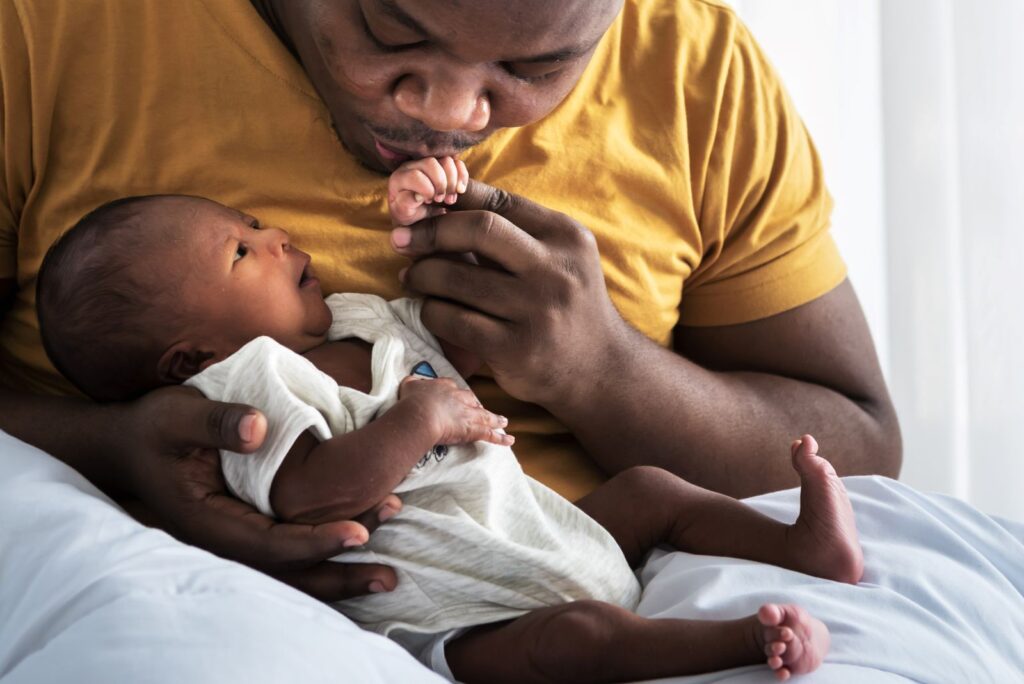
What Parents Should Know About RSV and How to Prevent It
Nov 20, 2024
Respiratory Syncytial Virus (RSV) is a virus that spreads very easily. When someone with RSV coughs, tiny droplets go into the air and land on surfaces. RSV spreads when other people breathe in these droplets or get them in their eyes, nose, or mouth. RSV infections are most common during “RSV season”, which in most of the U.S. lasts from October to April. The timing of RSV season may be different in some areas.
RSV causes a lung (or respiratory) infection. The infection can be mild, like a common cold, but it can also cause severe symptoms that may require a hospital stay. Though RSV can cause a lung infection in patients of all ages, babies under 1 year old are especially at risk for severe RSV. In fact, most babies will catch RSV at least once before their first birthday. RSV is the leading reason babies under 1 year old are hospitalized.
Symptoms of RSV in babies
Mild Symptoms
- Stuffy or runny nose
- Fussiness
- Decreased appetite
- Fever
Severe symptoms
- Fever
- Fast or unusual breathing
- Cough and wheezing
- Trouble breathing, making it hard to eat or drink
- Sleeping more than usual
How to prevent RSV
To help protect your child, make sure to:
- Wash your hands often
- Clean surfaces that might have droplets from a sick person
- Keep babies under 1 year old away from people who may have RSV
There are now new ways to protect babies from RSV. Babies under 1 year old can be protected through a vaccine for pregnant mothers or a preventive antibody for babies.
- RSV Vaccine (Abrysvo®) : This is given to mothers during pregnancy. Between September and January, pregnant women at 32 – 37 weeks can get 1 dose of Abrysvo®. This helps the mother’s immune system fight RSV and passes protection to the baby, lowering the chance of severe RSV.
- Preventative Antibody Nirsevimab (Beyfortus®): This is given directly to the baby. Babies less than 8 months old at the start of their first RSV season, or babies born during RSV season can get 1 dose of Nirsevimab if their mother didn’t get the RSV vaccine or if she got it less than 14 days before the baby was born. Babies born during RSV season should get the dose around birth, before going home from the hospital. If not, the dose can be given at the doctor’s office. Some babies need a second dose to stay protected during their second RSV season, between 8 and 19 months old.
We Can Help
Call us today at (833) 208-7770 to get started.
Imagine Pediatrics is dedicated to improving the health and lives of children with special health care needs. We provide virtual-first care and support in the home, 24/7. We don’t replace your child’s current care team. We partner with them to give your child the high-quality help they need, whenever they need it. This includes answering questions about RSV and how to prevent it. Since our services are part of your child’s existing health plan benefits, there’s no cost to you! Call us today at (833) 208-7770 to get started.